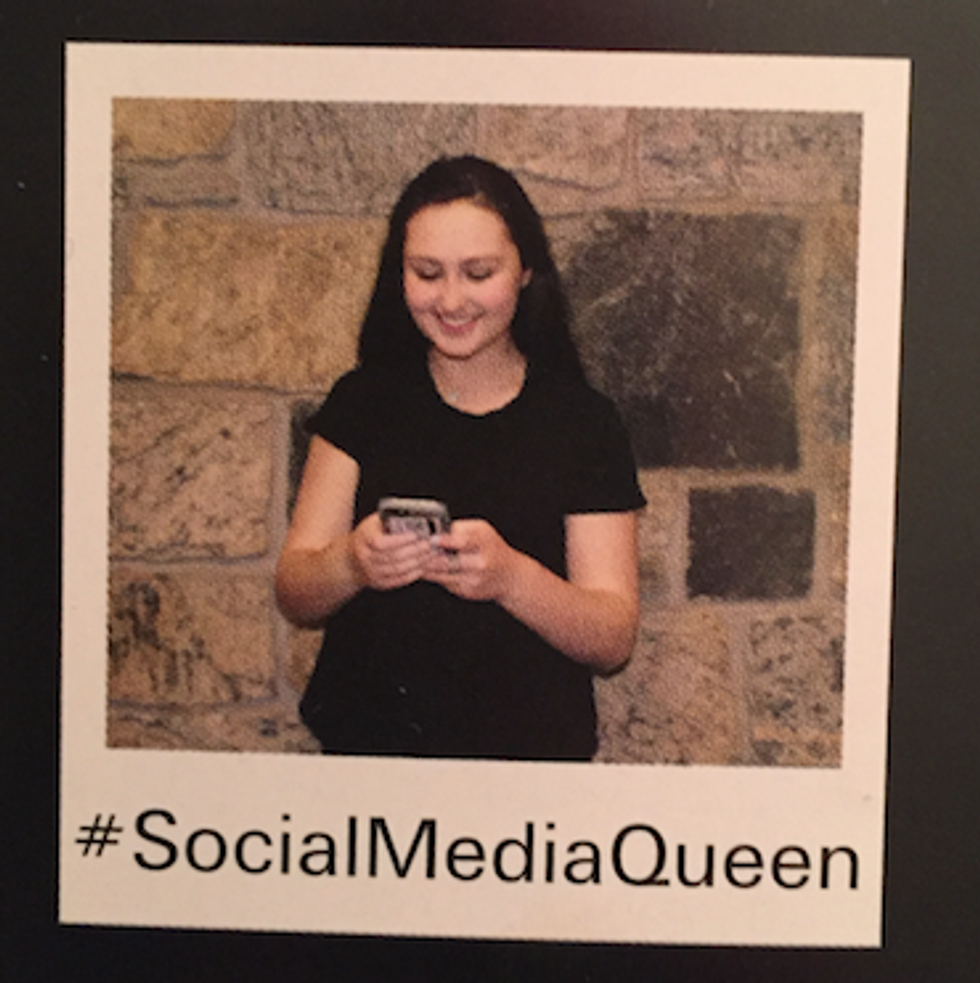Growing up in the 21st century, social media has become an acquired behavior. Whether we like to admit the reality of a social media addiction or not, it is real. The pernicious daily cycle of going to sleep checking our phones and waking up seeing all of the notifications is harmful to our mind and body. Our minds are constantly running off this toxic adrenaline of "why isn't anyone liking my post" or "keep the followers ratio higher than the to following ratio on Instagram". After having 6 years of a strong social media presence, I have realized and reflected on my own experiences. This is an epidemic and we need to help guide the younger generations as they are exposed to the world of social media.
1. Comparison
It is easier said than done, but don't compare yourself with others! We tend to become more insecure when we focus on other people because we criticize ourselves. Every individual is flawed in different ways which makes us all so unique. People who post can be categorized as posting the perfect pictures don't have the "perfect life". Don't pity yourself and embrace the qualities you have. Focus on creating meaningful relationships, redirect your attention to things that matter in your life, and spend less time on social media.
2. Validation
Seeking validation off of the amount of "likes" or comments you get on a picture does not represent your value and self worth. The idea of being socially accepted is a major factor in our society. Teenagers that are just getting into the social media world won't have a strong sense of self esteem if they are waiting on social media to be validated. Yes I have over 1,000 Facebook friends, but the question is do I actually have 1,000 friends. At the end of the day I can count the people I love and care about on my two hands and I am forever grateful for that alone.
3. Cyberbullying
Cyberbullying has become such a scary part of our world. In extreme cases, it has caused people to resort to taking their own lives. The DSM-5 just added "Internet addiction" as a mental illness. People who have this illness generally lie about their internet life, have compulsive tendencies, and put the internet over anything else. If you are starting to become the victim of cyberbullying tell the person to stop contacting you. In addition if that doesn't stop, save the evidence and bring it to the police to deal with. At the end, either block the person or change your passwords so you won't encounter this situation again.
4. Interpersonal Skills
Interpersonal skills seem to be diminishing at a concerning rate. As technology advances things will become more automated and we will lose our ability to talk face to face. The amount of people I have come across that cannot hold a conversation or even to pick up the phone and order food is discouraging. Although we may be communicating through texting and social media platforms, we aren't creating relationships that last. It is imperative we preserve face to face interaction to keep this skill from dying.
5. Humiliation
Public shaming can have a harsh effect like cyberbullying. Now people can share whatever you post through Facebook or retweet it through Twitter. Worse, it is just as easy to take a screenshot of something and send it in a mass message. At college, I see people being humiliated after a rough night of going to the bars or frats. One bad snapchat can lead to someone sending it and even potentially become viral. Think about what you post before you do it and make sure it won't harm your reputation as well as others.
Hope this helps,
The Social Media Queen









 The minimum wage is not a living wage.
StableDiffusion
The minimum wage is not a living wage.
StableDiffusion
 influential nations
StableDiffusion
influential nations
StableDiffusion












